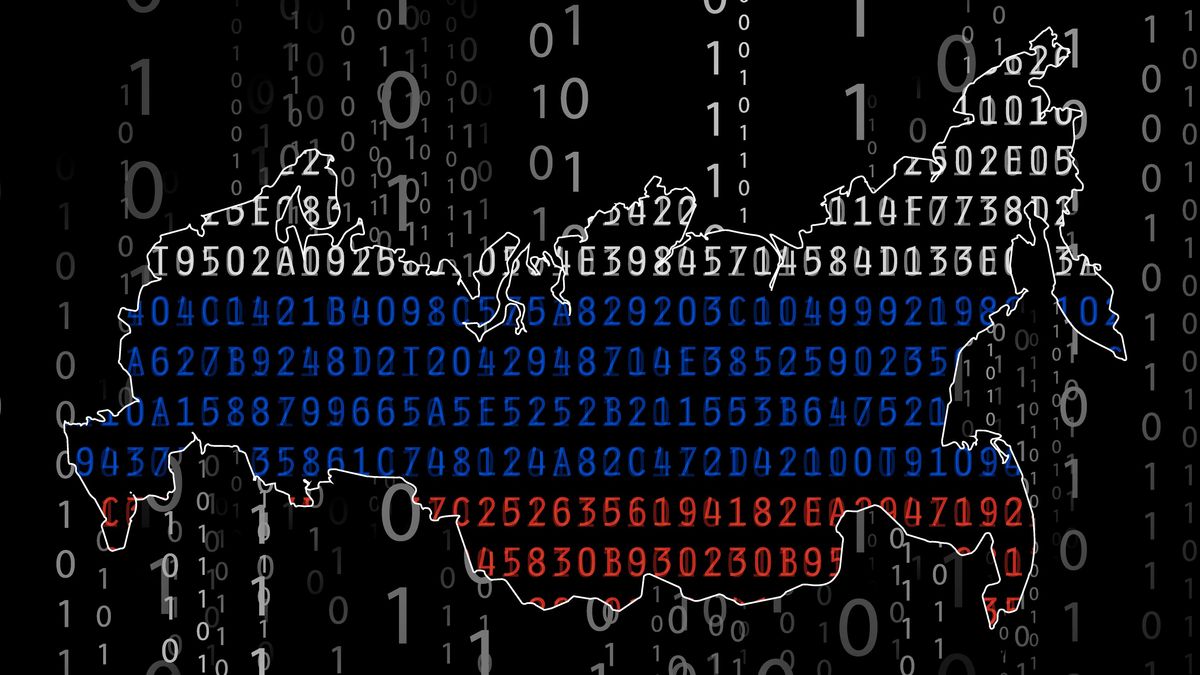VPN Provider Takes Legal Action Against Russian Censorship Body
A VPN provider in Russia has become the first to file a lawsuit against the country’s notorious censorship regulator, Roskomnadzor. HideMyName, the VPN service, received reports from Russian users who were unable to access its website. Upon investigation, the provider found that while the HTTPS protocol was not blocked, the server was not allowing communication via the TLS protocol, resulting in blocked access to the site. HideMyName decided to challenge the block on legal grounds, with the support of Russian digital rights advocacy group Roskomvosvoboda.
The uniqueness of HideMyName’s case lies in the lack of transparency surrounding the block. Additionally, the blocking itself is carried out through Technical Threat Prevention Units (TSPU), established under the Sovereign Internet Act. However, HideMyName’s lawyer argues that the website does not meet the criteria of threats defined for this type of blocking. Previously, censorship in Russia involved blocking VPN service websites, but users could still download and use the application.
HideMyName is just one of the many VPN services that have faced the harsh censorship measures imposed by the Kremlin. Over 167 VPNs have been reportedly blocked in Russia. Moreover, another censorship campaign is expected to be launched next year, targeting VPNs that provide access to banned Meta-owned social media platforms.
The stringent online censorship in Russia has been increasing every year, with popular protocols like OpenVPN and Wireguard already being blocked. The case against HideMyName marks a significant moment for the country, as winning in court could set a legal precedent against the authorities’ unlawful actions. HideMyName and Roskomvosvoboda are prepared to fight this battle, even escalating the case to international courts if necessary.
The ultimate goal is to bring an end to the repressive regime and liberalize the country’s laws based on the decisions of international courts. This lawsuit represents a crucial step in challenging Russia’s VPN censorship and other forms of internet restrictions. The outcome will have far-reaching implications for online freedom in the country.
(Note: This article was written within the context of legal recreational use of VPN services and does not endorse illegal or malicious activities.)

I’m a highly experienced and respected author in the field of cryptocurrency. I have been writing about Bitcoin, Ethereum, Litecoin and other digital currencies for over 5 years which is widely regarded as one of the most knowledgeable and reliable sources of information in this area.








